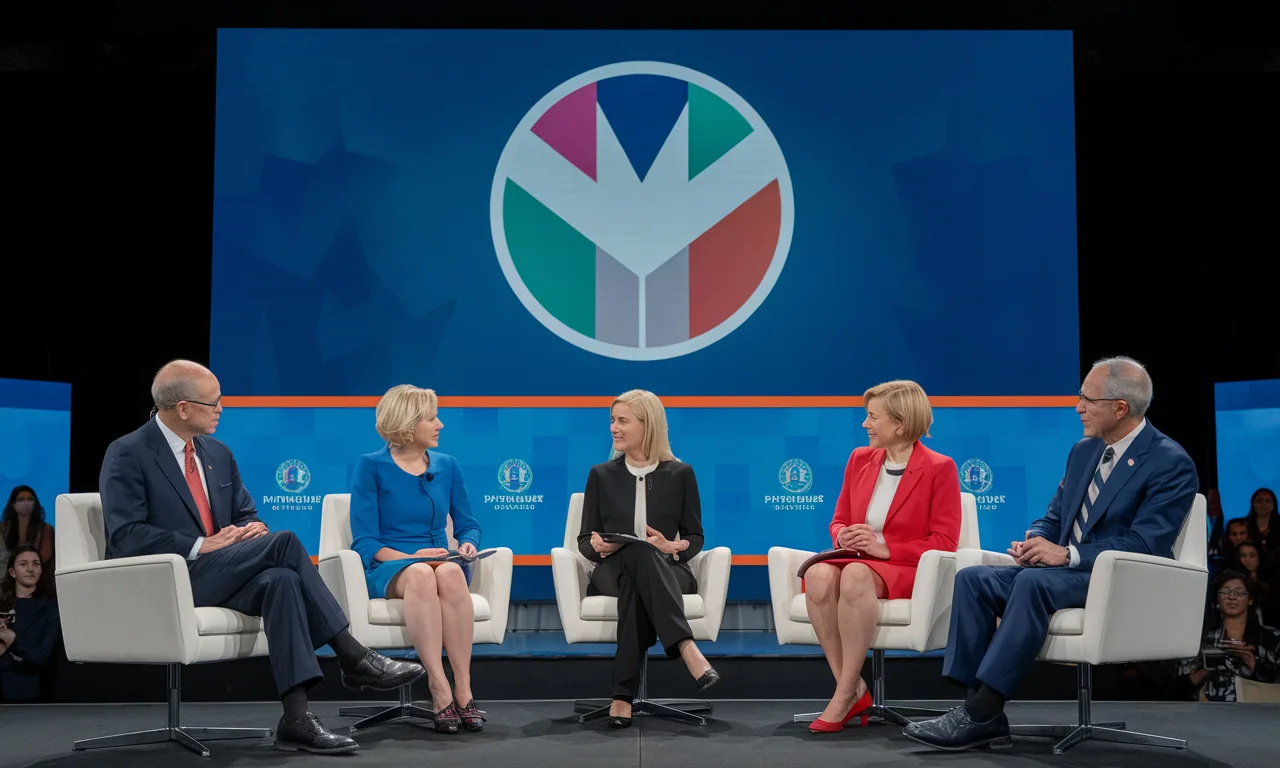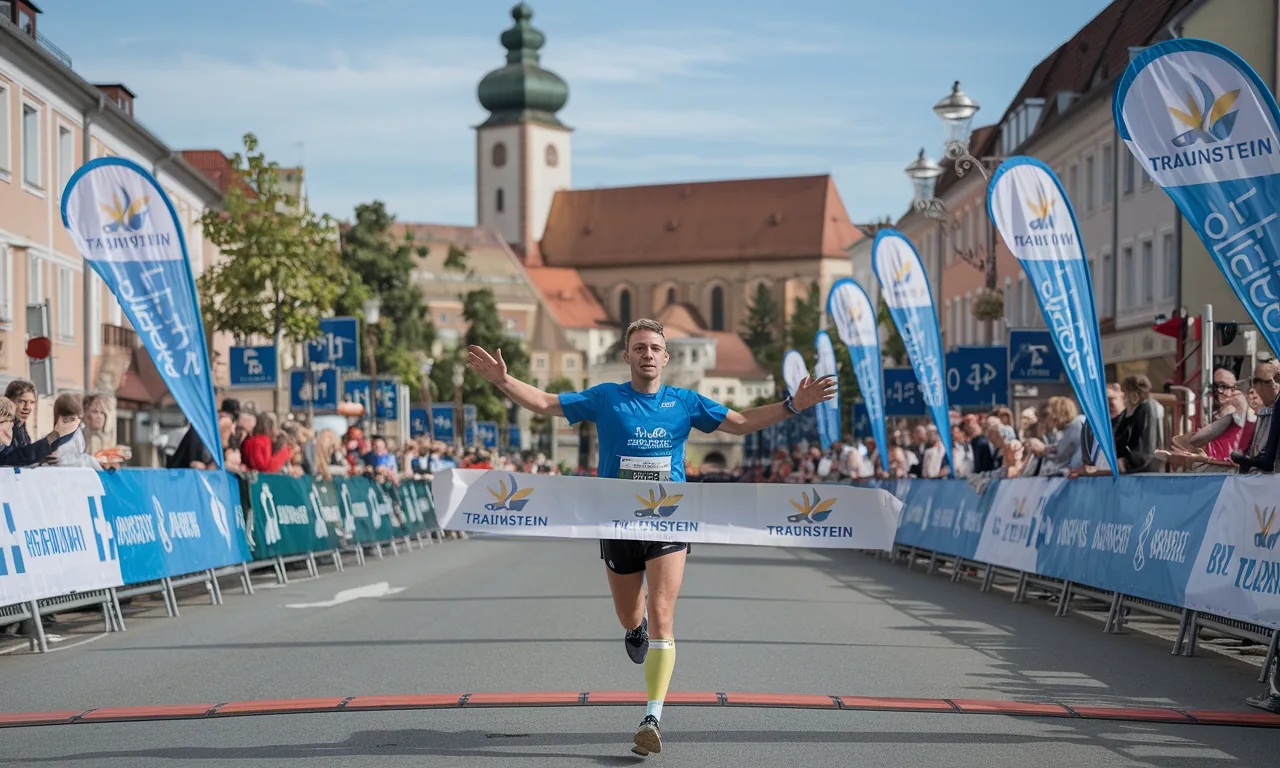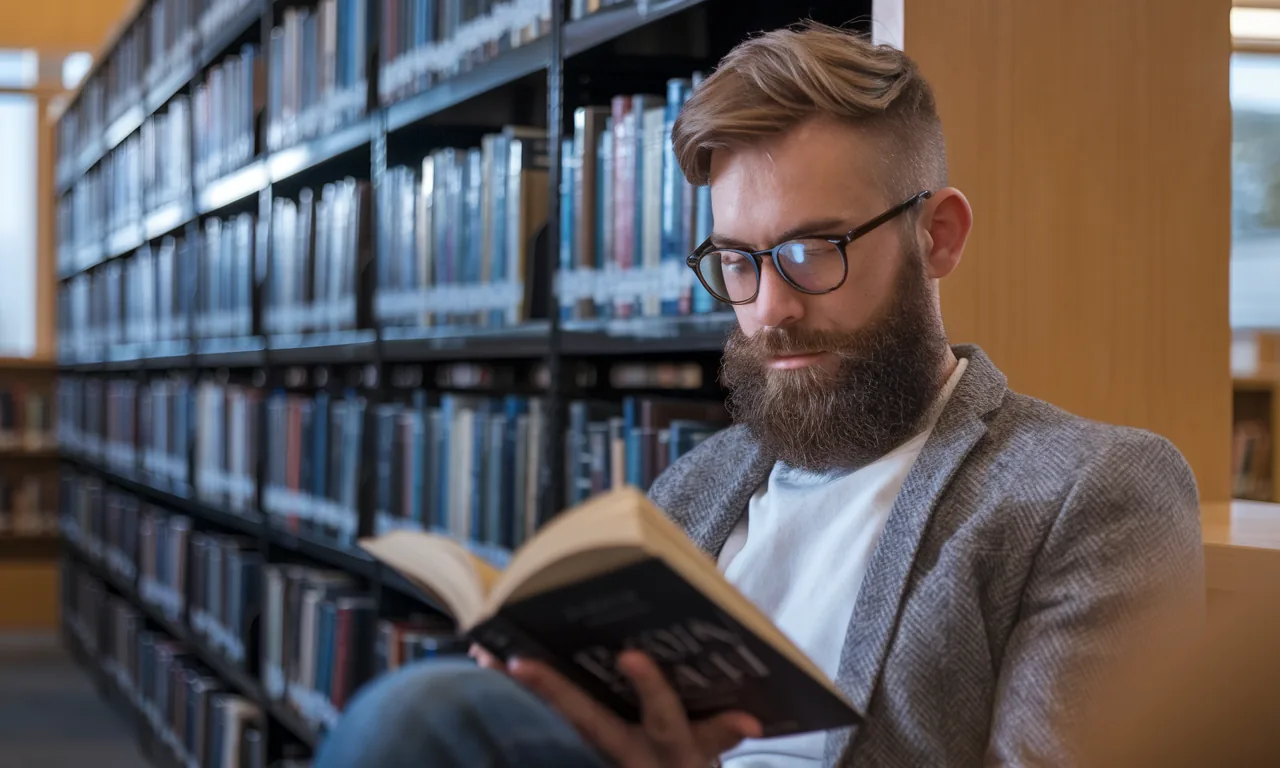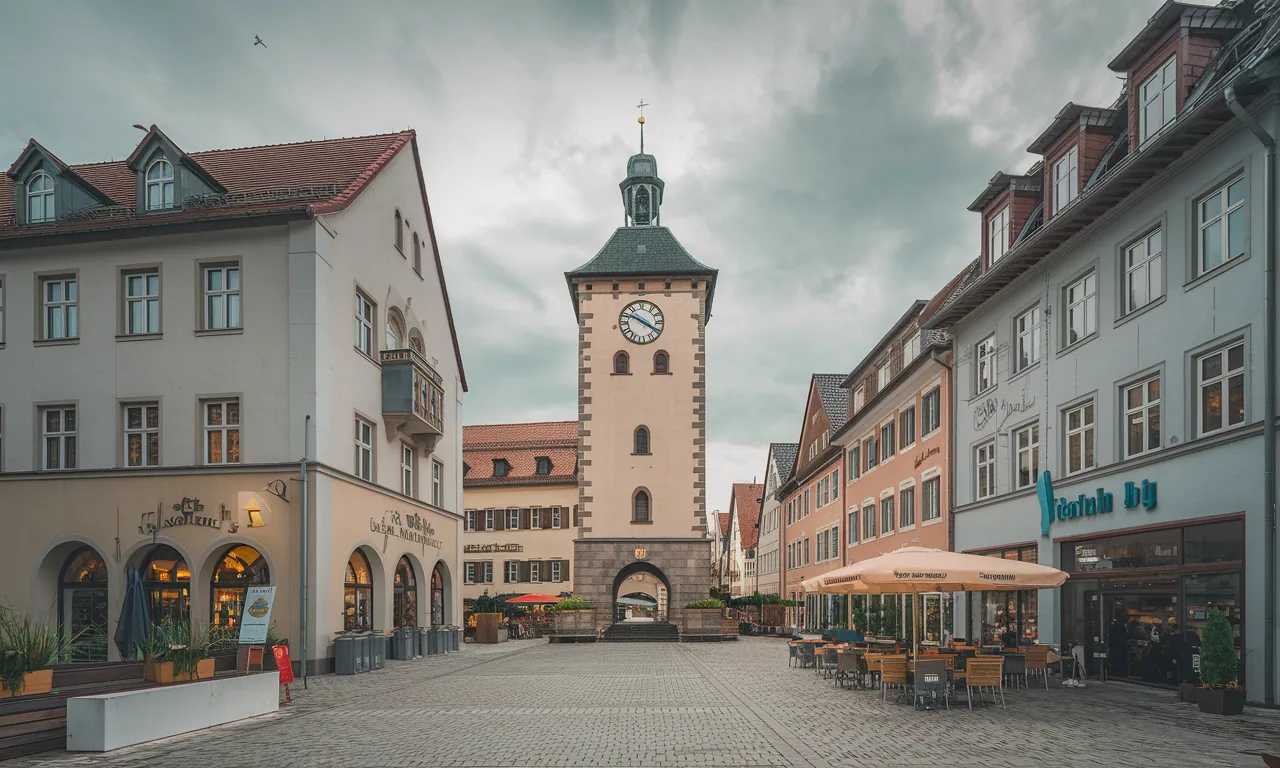Political Discussions Traunstein: Democracy & Election Talk
Upcoming Political Discussions, Election Talks, and Web Talks in Traunstein (2026/27)
Election talks, web talks, workshops: This is how Traunstein makes democratic debates visible in 2026/27 – from reducing bureaucracy and energy policy to tolerance and the digital public sphere.
What it's about: The Future of Debate Culture in Traunstein
In 2026/27, Traunstein is focusing on publicly accessible, well-moderated discussion formats – at the town hall, in educational institutions, at cultural venues, and online. The goal is to discuss political content early, understandably, and controversially, but respectfully. For those interested, this means: get informed in time, register, and join the discussion.
Planned Formats 2026/27 at a Glance
- Election Talks and Citizen Dialogues: Panels with candidates and subject matter experts on local impacts of federal and state policy (e.g., energy, housing, mobility). Audience questions and live voting are common.
- Web Talk Series: Free, moderated online discussions on the digital public sphere, algorithms, disinformation, and media literacy – with chat Q&A sessions and optional inputs from expert agencies.
- Democracy Workshops: Short formats on fact-checking, conversation management, participation rights, and municipal decision-making processes. Often in cooperation with schools, clubs, and initiatives.
- Women and Diversity Talks: Conversations about representation, work-life balance, mentoring, and fair debate rules. Parity and diverse perspectives are explicit goals.
- Youth and EU Dialogues: Exchanges with Europe Direct contacts, project workshops on EU topics and local impacts (funding programs, vocational training, climate policy).
Exact dates are continuously published on the linked official sites. Many events offer hybrid participation or recordings.
Participation: How to Stay Up to Date
- City of Traunstein: Event calendar and citizen dialogues with date and registration info: traunstein.de
- Democracy Night & Partner Projects: Overview of participating municipalities, programs, and materials: lange-nacht-der-demokratie.de
- Media Literacy & Fact-Checking: Background knowledge and tools from bpb – often accompanying local workshops: bpb.de
- Europe Direct: Regional contact points announcing citizen dialogues and EU consultation hours: Europe Direct
Tip: Subscribe to the newsletters of the mentioned organizations and activate notifications for “Events” and “Livestreams” on social media channels.
Quality Standards for Upcoming Events
- Moderation & Rules: Clear speaking times, transparency in invitations, and respectful interaction are standard.
- Accessibility: Low-barrier venues, hybrid formats, accompanying materials in plain language, subtitles/live transcription where possible.
- Transparency: Topics, goals, roles (moderation, panel, audience), and data processing are disclosed in advance.
- Fact Base: Linked primary sources (laws, official information) and references to reputable background resources.
- Youth and Diversity Orientation: Active inclusion of young voices as well as diverse panels.
Outlook 2026/27: Topics Likely to Be in Focus
- Energy & Buildings: Implementation and communication of legal requirements as well as funding options for private individuals, trades, and SMEs.
- Securing Skilled Workers: Further training, immigration, training quality, and local location policy.
- Digital Public Sphere: Dealing with AI-based forgeries, local media literacy training, and standards for platform debates.
- Participation & Representation: Structures for parity, inclusion, and low-threshold participation.
- Europe on Site: What EU programs mean for local projects, youth, and businesses.
Organizers continuously publish key topics, guiding questions, and reading tips – check the announcements and program agendas shortly before the event.
Sources & Further Information
- City of Traunstein – Official Website — Event calendar and citizen dialogues (accessed 2026-02-10)
- Long Night of Democracy – Official Site — Program, municipalities, materials (accessed 2026-02-10)
- Disinformation – Background and Education — Federal Agency for Civic Education (accessed 2026-02-10)
- Fishbowl Method — Federal Agency for Civic Education (accessed 2026-02-10)
- Recognizing Deepfakes — Federal Office for Information Security (accessed 2026-02-10)
- Europe Direct in Germany — European Commission (offers and contact points) (accessed 2026-02-10)
- Building Energy Act (official version) — Federal Ministry of Justice/juris (accessed 2026-02-10)
- GEG: Overview and Explanations — Federal Ministry for Economic Affairs and Climate Action (accessed 2026-02-10)




